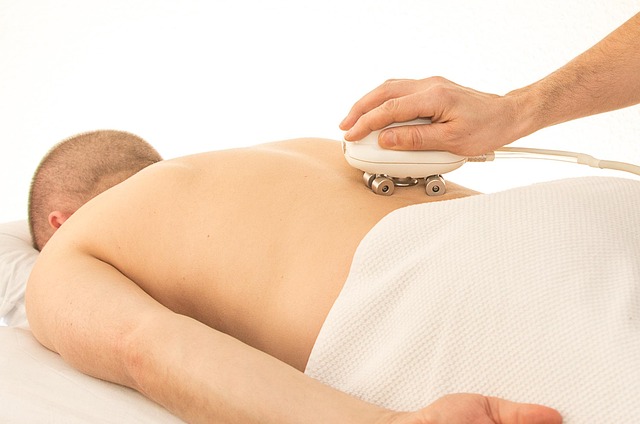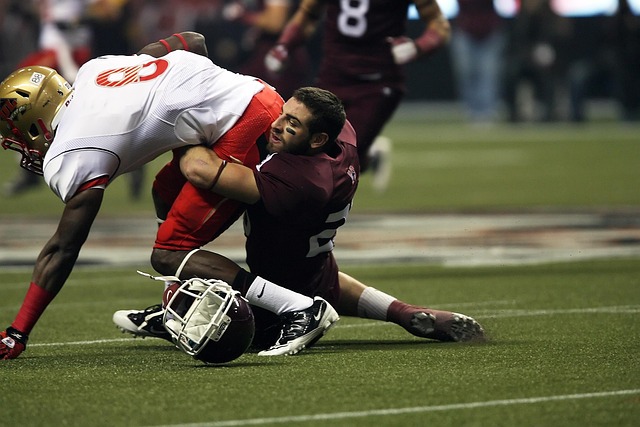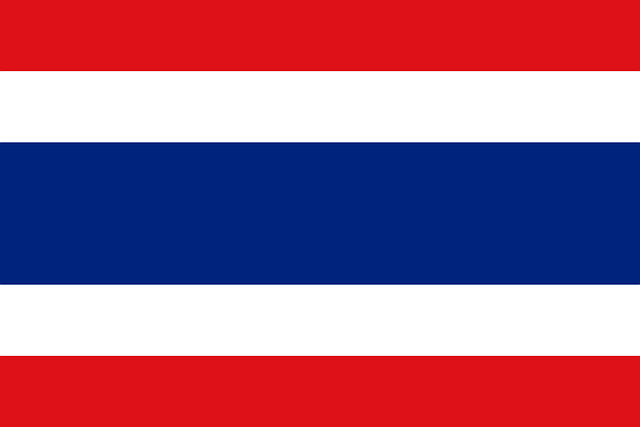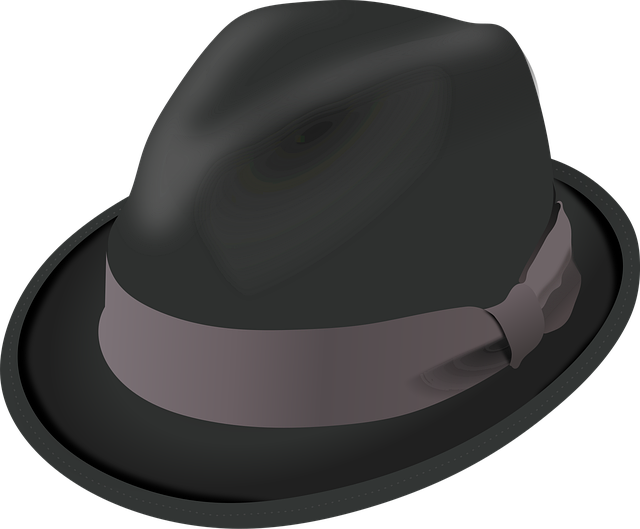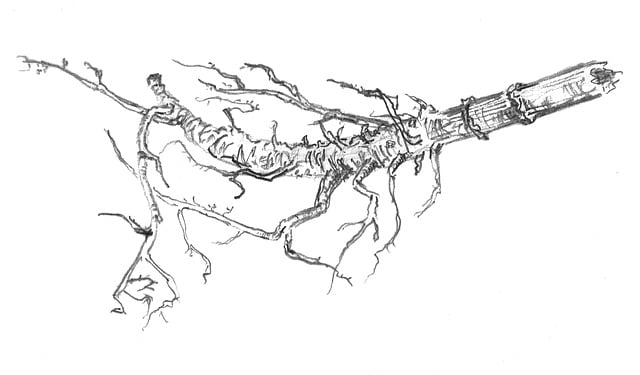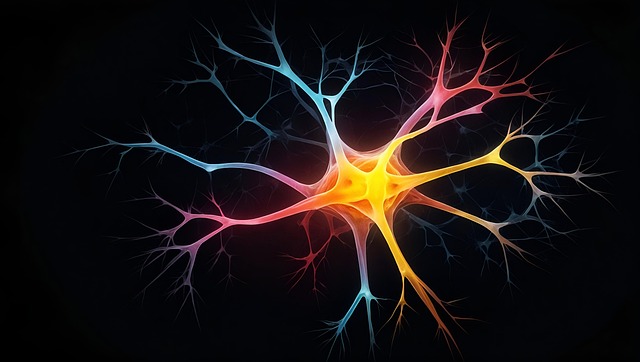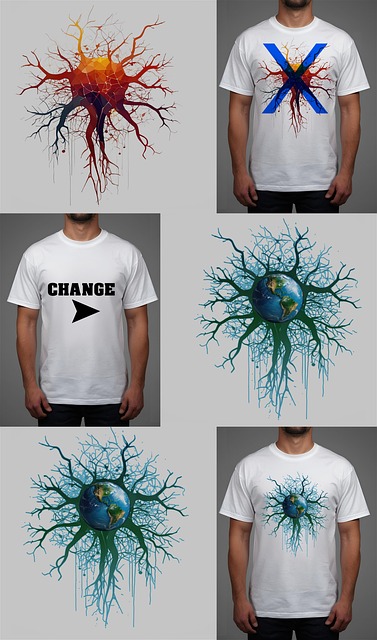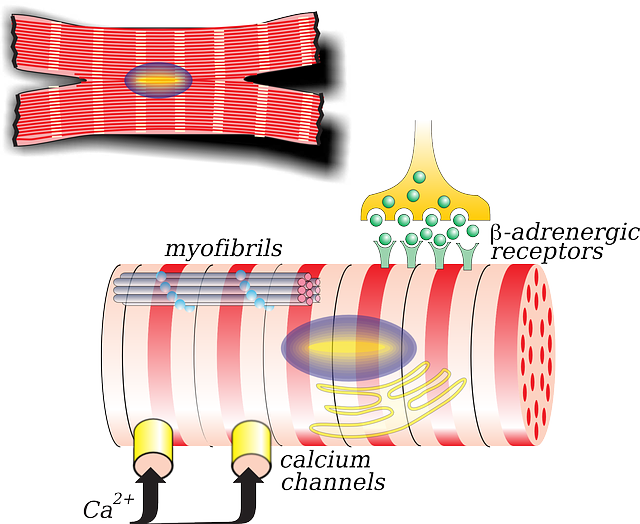After a car crash, nerve impingement can result from damaged soft tissues around the spine, causing pain, numbness or tingling. Chiropractors provide specialized treatment using spinal manipulation and exercises to restore mobility, reduce inflammation, and relieve pressure on pinched nerves, promoting faster recovery. This non-invasive method is patient-preferred and focuses on the spine-nerve relationship. Post-initial care, a combination of physical therapy, ergonomic adjustments, and stress reduction techniques supports healing, pain management, and prevention of future impingements.
“Experiencing pain or numbness in your neck and back after a collision? Discover the effective treatment options for nerve impingement post-crash. This comprehensive guide explores the condition, offering insights into understanding the issue and its impact on daily life. We delve into chiropractic care as a leading non-invasive approach, showcasing its benefits in alleviating symptoms. Additionally, learn about complementary therapies and lifestyle adjustments that can accelerate recovery when combined with professional treatment, such as chiropractic care for pinched nerves after a crash.”
- Understanding Neck and Back Nerve Impingement After a Crash
- Chiropractic Care as a Treatment Approach
- Additional Therapies and Lifestyle Modifications for Effective Recovery
Understanding Neck and Back Nerve Impingement After a Crash
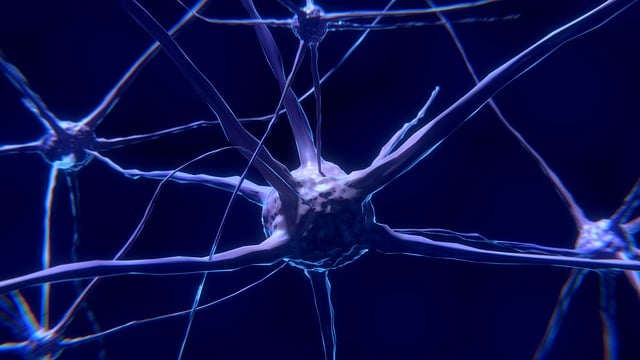
After a car crash, it’s not uncommon to experience neck and back nerve impingement, a condition that occurs when the soft tissues around the spine are damaged or compressed. This can happen due to sudden force or trauma during an accident, leading to pinched nerves in the neck and back areas. Chiropractors are often sought out for treatment as they specialize in diagnosing and adjusting the spine to alleviate pressure on these nerves.
Understanding this condition is crucial for effective treatment. The impact of a crash can result in various injuries, including muscle strains, ligament sprains, and even herniated discs. These issues can directly press upon nearby nerves, causing pain, numbness, or tingling sensations that radiate from the affected area. Chiropractors employ various techniques such as spinal manipulation and targeted exercises to restore mobility, reduce inflammation, and alleviate pressure on the pinched nerves, ultimately aiding in a faster recovery after a crash-related injury.
Chiropractic Care as a Treatment Approach

Chiropractic care has established itself as a popular and effective treatment approach for nerve impingement, especially following a traumatic event like a car crash. Chiropractors are trained to diagnose and treat musculoskeletal disorders, focusing on the relationship between the spine and nerves. When it comes to pinched nerves after a crash, chiropractic manipulation can be a game-changer.
Through careful assessment and adjustments, chiropractors can help alleviate pressure on the affected nerves, promoting healing and reducing pain. This non-invasive method is often preferred by patients as it offers an alternative to surgery or prescription medications. The gentle adjustments made by chiropractors aim to restore normal joint function and support the body’s natural healing process, providing a safe and effective treatment for pinched nerves resulting from accidents.
Additional Therapies and Lifestyle Modifications for Effective Recovery
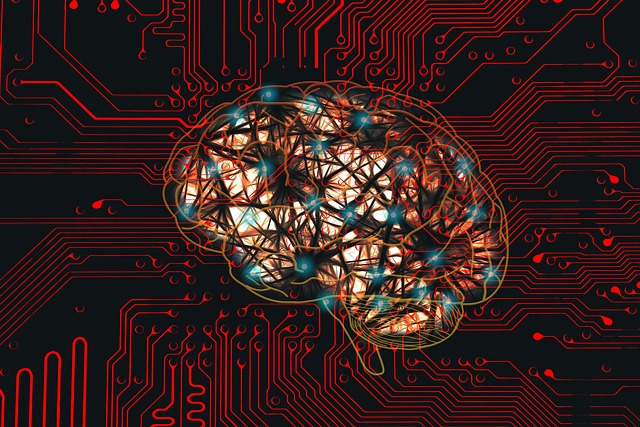
After initial adjustments and treatments from a chiropractor, a comprehensive approach is essential for effective recovery from a nerve impingement. Additional therapies and lifestyle modifications play a pivotal role in managing pain and restoring function. Physical therapy exercises can strengthen muscles supporting the neck and back, improving stability and reducing the risk of future impingements.
Integrating ergonomic adjustments into daily routines is crucial. This includes adopting proper posture while sitting and standing, utilizing supportive bedding or pillows for comfort during rest, and incorporating regular stretching breaks to maintain mobility. Additionally, stress management techniques such as yoga, meditation, or gentle walks can alleviate tension in the neck and back, further facilitating healing.
The impact of a crash can lead to neck and back nerve impingement, causing significant discomfort. Chiropractic care emerges as a leading treatment option, leveraging non-invasive techniques to alleviate pressure on affected nerves. Additionally, incorporating targeted therapies and lifestyle modifications under professional guidance significantly enhances recovery outcomes for individuals seeking relief from pinched nerves post-crash.
